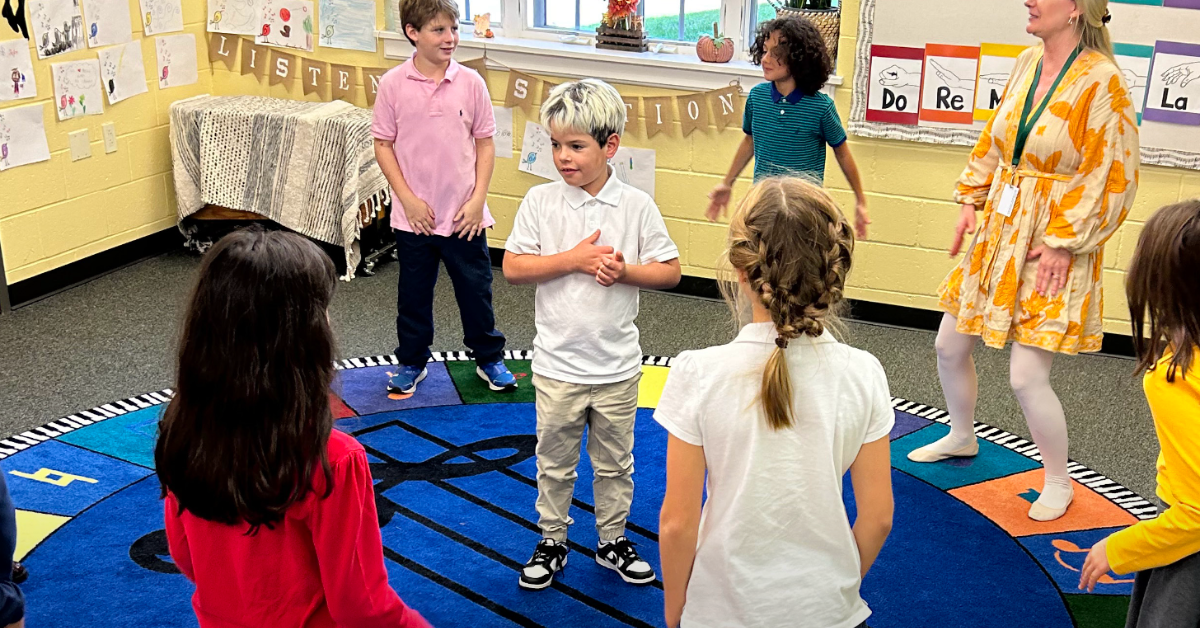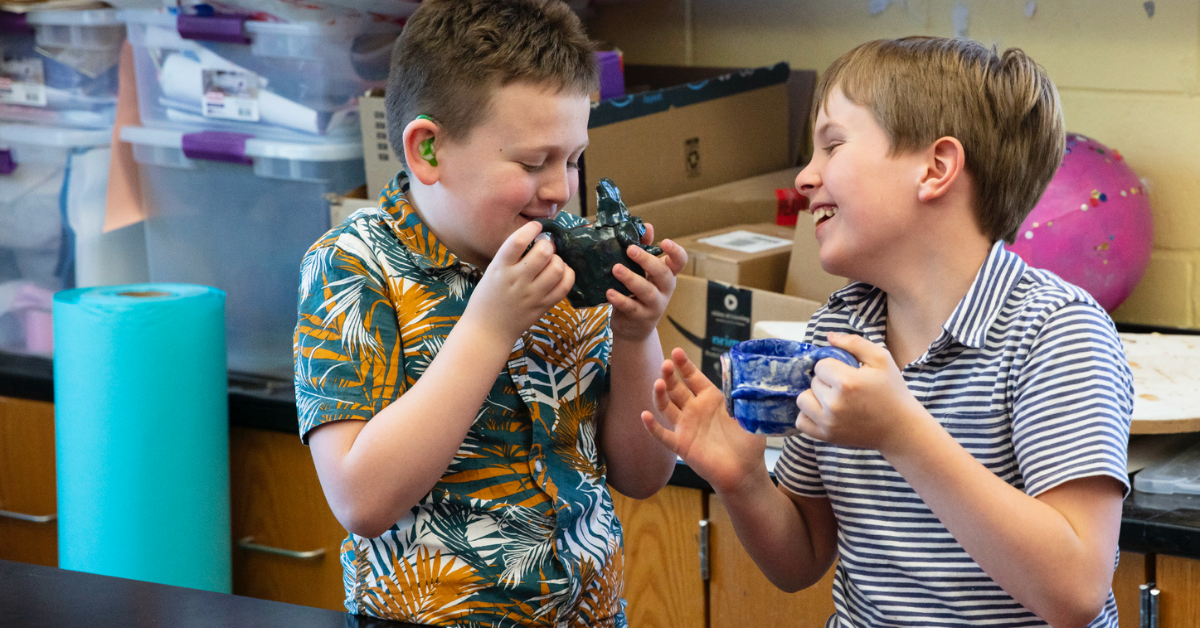In our increasingly digital world, where virtual interactions are becoming more common, the challenge of nurturing essential social skills and friendship development has become more complex. This blog aims to delve into effective strategies that parents can employ to support their children in developing robust social skills and meaningful friendships. Our goal is to equip parents with insights and tools that will help their children confidently navigate both real-world and online social landscapes, fostering well-rounded, socially adept young individuals.
Understanding the Importance of Social Skills
Social skills are a fundamental aspect of a child's development, acting as the cornerstone for successful interactions and relationships throughout life. For children with learning differences, these skills are particularly crucial. They often face unique challenges in interpreting social cues, understanding emotions, and navigating social settings. Developing strong social skills helps these children build confidence, enhance their ability to communicate effectively, and foster meaningful relationships. It also plays a critical role in their academic success and overall well-being.
For a deeper understanding of how social and emotional learning intertwines with these skills, I recommend reading the Eagle Hill School blog post on "What is Social Emotional Learning?" This resource offers additional insights into the complex interplay between emotional intelligence and social interactions, particularly for children with learning differences.

Challenges in Developing Social Skills
Children with learning differences, such as those with ADHD, often encounter specific hurdles in developing social skills. They might struggle with attention regulation, impulse control, and interpreting social cues, which can lead to difficulties in forming and maintaining friendships. Examples of ways that these challenges can manifest in various ways, such as interrupting conversations, misreading body language, or having trouble with turn-taking in discussions, which can prove especially difficult in the classroom.
Additionally, virtual environments present both opportunities and complexities for social interaction. On the one hand, they offer a controlled setting where children can practice social skills without being overwhelmed by physical social settings. On the other hand, the lack of physical presence and non-verbal cues in virtual interactions can make it more challenging for children to read and respond to social situations effectively. This duality necessitates a balanced approach where children are guided to harness the benefits of virtual interactions while being taught to navigate their limitations.
Strategies for Parents to Support Social Skill Development
Parents play a pivotal role in aiding their children to develop social skills, especially for those with learning differences. Here are practical strategies and activities to facilitate this:
Create Routine Social Opportunities:
Establish regular times for social activities, like virtual playdates or online game sessions with peers. Consistency helps build comfort and confidence in social interactions.
Leverage this strategy in the mornings before school. A structured morning routine is more than just a start to the day; it sets the tone for how children interact socially. A calm, predictable morning routine reduces stress and anxiety, which are often barriers to effective social interaction. When children start their day feeling relaxed and organized, they are more likely to engage positively with peers and teachers.
Role-Playing Exercises:
Engage in role-playing games where you simulate different social scenarios. This can prepare your child for real-life interactions, helping them practice responses and behaviors in a safe environment.
Social Skills Groups:
Enroll your child in virtual social skills groups or workshops. These are often led by professionals who can guide children through various aspects of social interaction.
Encourage Interest-Based Connections:
Help your child connect with peers who share similar interests, whether it’s through online forums, virtual clubs, or social media groups tailored to their age and interests.
Modeling and Feedback:
Regularly model positive social behavior in your interactions. Offer gentle, constructive feedback after social interactions to help your child understand what they did well and where they can improve.
Use of Technology for Learning:
Leverage educational apps and games that are designed to teach social skills. These can be particularly engaging and effective for children with learning differences.
Participation in Online Group Activities:
Encourage participation in virtual group activities like online classes or workshops, which can provide structured yet relaxed environments for practicing social skills.
By integrating these strategies into your child's routine, you can create a supportive environment that nurtures their social skills development and encourages the formation of lasting friendships.

Encouraging Relationship Building and Problem-Solving
Developing and maintaining relationships are key aspects of a child's social growth. Parents can encourage this by:
Fostering Empathy:
Teach children to understand and respect others' feelings. This builds a foundation for strong, empathetic relationships.
Communication Skills:
Help their child learn to express their thoughts and feelings clearly and respectfully.
Conflict Resolution:
Guide them through the process of resolving disagreements, emphasizing the importance of listening, understanding, and finding common ground.
Team Activities:
Encourage participation in group activities where cooperation and collaboration are essential.
Problem-solving is a vital part of any relationship. Teach children to identify problems, think of possible solutions, and evaluate their effectiveness. This not only aids in resolving conflicts but also strengthens their ability to navigate complex social situations.
For more information on how Eagle Hill integrates social-emotional learning, please visit our website or sign up for an upcoming information session.



